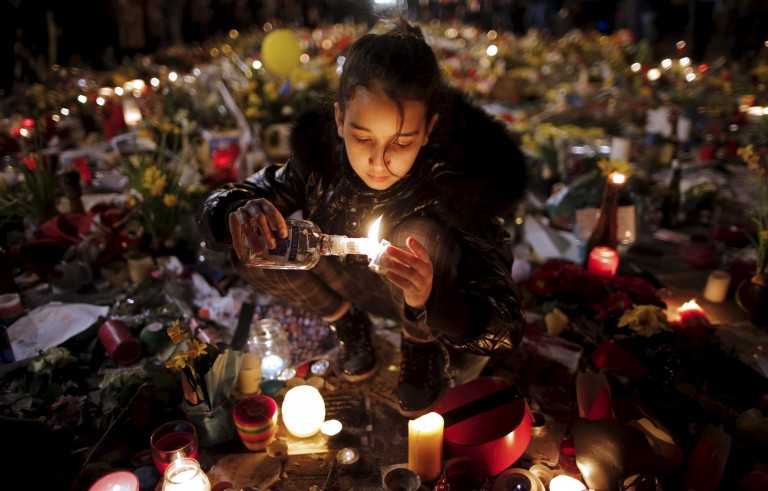MEGAN THOMPSON, PBS NEWSHOUR WEEKEND ANCHOR: For more on the security questions raised in the United States by the terrorist attacks in Belgium, I am joined by "Washington Post" national security reporter Adam Goldman, who is in Washington.
So, Adam, can we just first start out, the how many, how have terrorist attacks in Brussels changed the way security officials here in U.S. are going to do their jobs.
ADAM GOLDMAN, NATIONAL SECURITY REPORTER, "THE WASHINGTON POST": I think what U.S. terrorism officials take away from Brussels is that ISIS is looking to the west in ways perhaps they hadn't thought before, and I think for U.S. counterterrorism officials, they are going to keep digging down and trying to figure out who went to Syria from the United States and from European countries.

THOMPSON: So, when it comes to tracking and monitoring potential terrorists here in the U.S., what are the differences between the situation here in this country and in Europe?
GOLDMAN: I think we are much more diligent and we have the terrorist watch list and two of the brothers who were implicated in the attack in Brussels were actually on this watch list. So, that means United States government had information about them. They received from another government, possibly Turkey, and put them on the watch list. The difference is, they took them very seriously, the U.S. officials, and Belgium, admittedly, did not.
THOMPSON: Can you talk a little bit about the differences between the Muslim communities here in the United States and those in Europe?
GOLDMAN: You know, there are 800,000, you know, Muslim Americans in New York. These are assimilated communities. You look across, look across the country in Iowa and Colorado, there are longstanding American Muslim communities there that are completely integrated. They are not isolated like these immigrants in Europe who are sort of on the periphery of society.
THOMPSON: But the U.S. is not immune to these types homegrown attacks, right? We had the San Bernardino attack, we've had dozens of prosecutions of people here in the U.S. suspected of being connected to ISIS.
GOLDMAN: Yes. That's right. We are certainly not immune and that's what makes us most vulnerable are the so-called lone wolves and fall under the sway of the Islamic State propaganda or al Qaeda organization and on their own launch attacks.
There is a slight difference between what you are seeing in Europe is these individuals they had gone to Syria and then returned home to mount attacks. That's much more difficult to happen in the U.S., simply because of the controls that are in place to, A, identify people before they travel abroad to Syria and those attempting to come back, and also, you know, the numbers aren't that large.
I think we are talking there might be about two dozen people, approximately, who — Americans who are fighting in Syria. I mean, you're talking hundreds, thousands of people from Europe have gone to Syria.
THOMPSON: Today, President Obama spoke about enhanced cooperation between American officials and Belgian security. Can you just talk a little bit about what that might look like and what cooperation has been up until now?
GOLDMAN: Well, I think they have been working toward better cooperation for the past year o or two, trying to get the European intelligence agencies, police departments to provide information about people who have gone to Syria and returned home.
And from the U.S. perspective is they want that information and they want it quickly, not just the names but possible e-mail accounts, social media accounts, you know, cellphone numbers so they can track that to the U.S., and they continue to push for that now. I mean, as we know the FBI is helping Belgium authorities, they are working closely with them, and the FBI also has legal attache there at the embassy. They are trying to work with together and figure this out.
THOMPSON: Adam Goldman, of "The Washington Post" — thank you so much for joining us.
GOLDMAN: Thank you.












